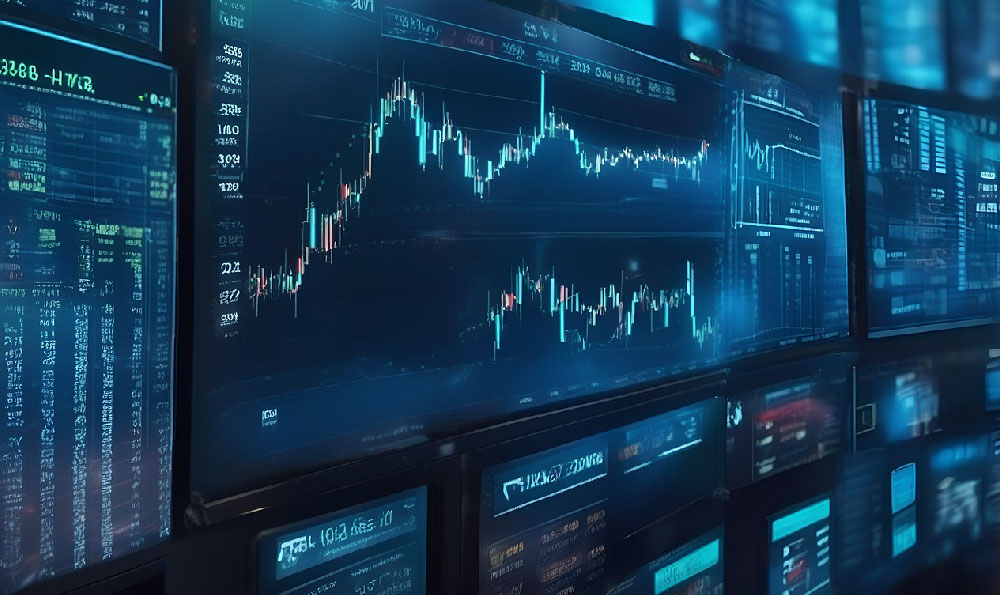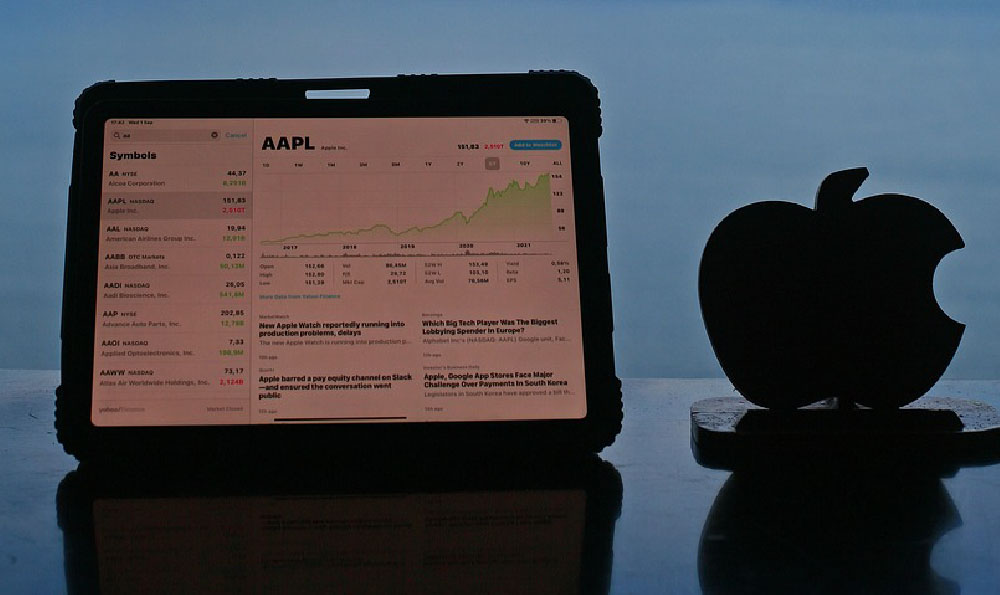Okay, I understand. Here's an article addressing the revenue generation and sustainability of Monaco's economic model, written in English as requested:
Monaco, a tiny principality nestled on the French Riviera, is synonymous with luxury, casinos, and Formula 1 racing. Its glamorous image, however, belies a sophisticated economic structure that has enabled its prosperity. Understanding how Monaco generates its revenue and whether this model can endure requires examining several key factors that contribute to its unique position.
Historically, Monaco's economy was primarily agricultural, relying on the cultivation of citrus fruits and olives. However, Prince Charles III, in the mid-19th century, recognized the need for diversification. He authorized the establishment of a casino, and the Société des Bains de Mer (SBM), a private company, was granted the concession to operate it, along with luxury hotels and other entertainment facilities. This proved to be a pivotal moment, transforming Monaco into a gambling and tourism mecca.

While the casino remains a significant part of Monaco's allure, it no longer contributes the majority of its revenue. In fact, gambling revenues now account for a relatively small percentage of the overall economic pie. The real engine of Monaco’s financial success lies in its tax system, or rather, its lack thereof for individuals and corporations operating within its borders. Monaco does not levy income tax on its residents (with the exception of French citizens, who are taxed by France), and corporate taxes are relatively low. This has attracted a large influx of wealthy individuals and businesses, who relocate to Monaco to take advantage of its favorable tax environment. These individuals spend money within the principality, stimulating the local economy through consumption, real estate purchases, and the use of various services.
The absence of income tax translates to a substantial benefit for residents, enabling them to accumulate wealth more rapidly. This, in turn, fuels the demand for luxury goods and services, further bolstering Monaco’s economy. High-end boutiques, gourmet restaurants, and private banking services flourish, catering to the needs of its affluent population. The real estate market, in particular, has experienced exponential growth, with property values among the highest in the world. The demand for residential and commercial space remains consistently strong, driving construction and development projects.
Corporate taxes, although lower than in many other countries, still generate significant revenue for the Monegasque government. The presence of numerous international companies, operating in sectors such as finance, shipping, and technology, contributes significantly to the tax base. Furthermore, Monaco levies a value-added tax (VAT), known as TVA in French, which applies to most goods and services. This indirect tax is a consistent source of revenue, providing a stable foundation for government spending.
Beyond taxation and the historical reliance on gambling, Monaco’s diversified economy encompasses a range of industries. Financial services are a crucial pillar, with a large number of private banks and asset management firms operating within the principality. These institutions manage the wealth of high-net-worth individuals, generating substantial fees and commissions. Shipping is another important sector, with Monaco serving as a hub for ship management and registration. The yachting industry is also thriving, attracting wealthy yacht owners and providing employment opportunities for maritime professionals. Tourism, of course, remains a significant contributor, drawing millions of visitors each year to experience Monaco’s unique blend of luxury and glamour. The Formula 1 Monaco Grand Prix is a particularly lucrative event, generating substantial revenue through tourism, sponsorship, and television broadcasting rights.
However, the question of sustainability remains paramount. Can Monaco’s economic model endure in the face of evolving global circumstances? Several potential challenges threaten its continued prosperity. One major concern is increasing international pressure on tax havens. Governments around the world are cracking down on tax evasion and avoidance, implementing measures to increase transparency and exchange information. Monaco has faced scrutiny in the past and has been forced to adapt its regulations to comply with international standards. While it has successfully navigated these challenges thus far, the pressure is likely to intensify in the future.
Another potential challenge is the rising cost of living. Monaco is an extremely expensive place to live, with high rents and prices for goods and services. This can make it difficult for lower-income workers to afford to live in the principality, potentially leading to labor shortages. Moreover, the limited land area of Monaco presents a constraint on its future growth. Expansion is difficult, and new development projects are often met with opposition due to concerns about environmental impact.
Furthermore, Monaco’s dependence on specific industries, such as finance and tourism, makes it vulnerable to economic shocks. A global financial crisis or a major event that discourages tourism could have a significant impact on its economy. Diversification efforts are therefore crucial to ensuring long-term sustainability.
Despite these challenges, Monaco has several advantages that position it for continued success. Its stable political environment, its strategic location, and its reputation for luxury and exclusivity provide a strong foundation for its economy. The government is actively working to diversify its economy, investing in new sectors such as technology and renewable energy. It is also committed to attracting skilled workers and fostering innovation.
Moreover, Monaco's strong brand image is a valuable asset. The association with glamour, wealth, and sophistication is a powerful draw for tourists, investors, and residents alike. The government actively promotes Monaco as a desirable destination, leveraging its unique attributes to attract business and investment.
In conclusion, Monaco’s revenue generation model, based on low taxation, a diversified economy, and a strong brand image, has proven remarkably successful. While challenges remain, particularly regarding international pressure on tax havens and the rising cost of living, Monaco is well-positioned to adapt and thrive in the future. The key to its long-term sustainability lies in continued diversification, investment in new sectors, and a commitment to maintaining its reputation as a desirable destination for the world’s elite. By carefully managing its resources and adapting to changing global circumstances, Monaco can ensure its continued prosperity for generations to come.











